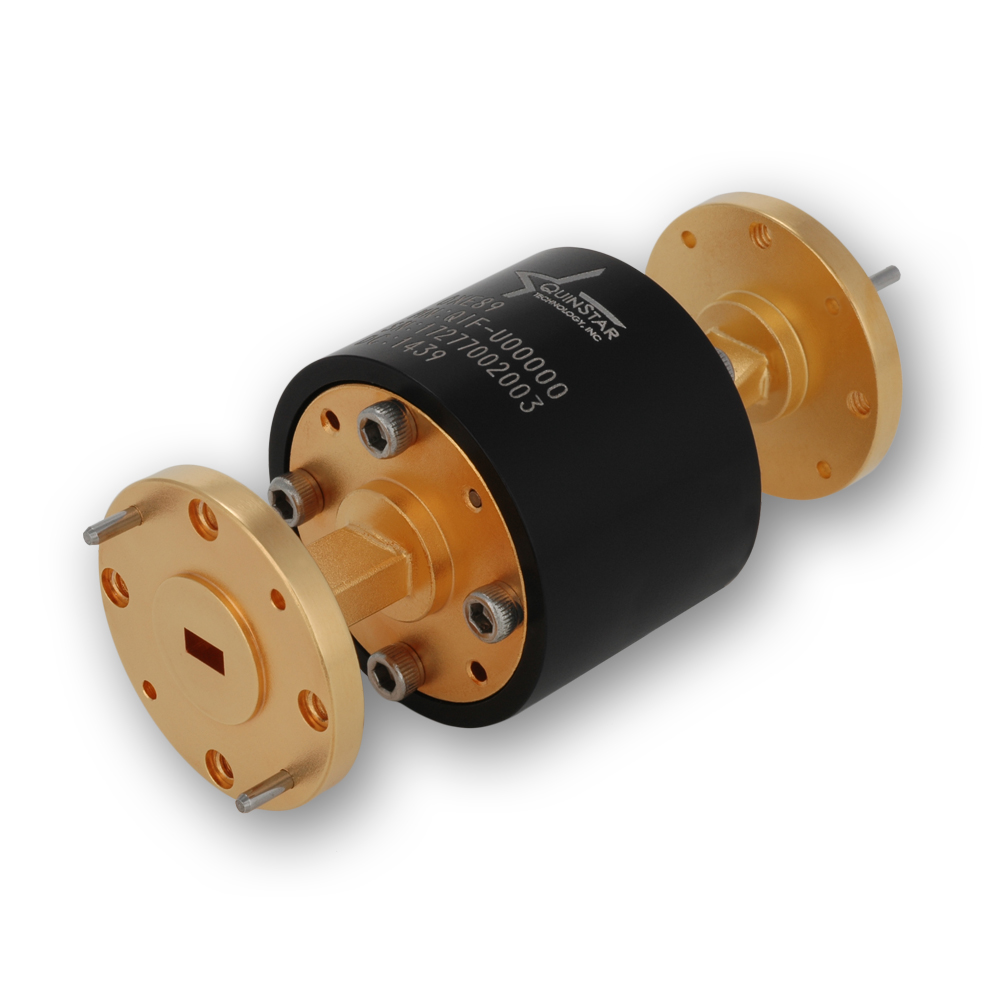
Source: Leysop Ltd.
Understanding Faraday Isolators in Optical Systems
Introduction to Faraday Isolators
Faraday isolators are crucial components in optical systems that allow light to pass in one direction while blocking it in the opposite direction. They are based on the Faraday effect, where the polarization direction of light is rotated in the presence of a magnetic field. Faraday isolators are widely used in various applications, especially in laser technology.
Polarization-Sensitive Faraday Isolators
One common type of Faraday isolator is polarization-sensitive, meaning it requires the input light to have a specific linear polarization direction. This setup typically includes two polarizers and a Faraday rotator to achieve isolation in one direction while allowing light transmission in the other.
Polarization-Insensitive Faraday Isolators
In contrast, polarization-insensitive Faraday isolators can work with light of any polarization. These devices separate orthogonal polarization components of the input beam, pass them through a Faraday rotator, and then recombine them using polarizers. They are essential for applications where the input light may have varying polarization states.
Insertion Loss and Degree of Isolation
The performance of Faraday isolators is characterized by insertion loss and degree of isolation. Insertion loss refers to the amount of light lost during forward propagation, while the degree of isolation measures the attenuation of back-reflected light. Achieving high isolation levels can be challenging, especially in high-power applications, due to factors like beam size and alignment precision.
Dual-Stage Isolators and High-Power Operation
In some cases, dual-stage isolators with two Faraday isolators in sequence are used to achieve higher isolation levels. Operating Faraday isolators at high power levels requires considerations for thermal effects, optical damage, and suitable components for handling the power levels. Advanced devices are being developed to accommodate power levels up to 1 kW in certain applications.
Applications and Future Developments
Faraday isolators are widely used in laser technology for various applications, including laser diode protection, beam cleanup, and preventing back reflections. Ongoing research aims to enhance the performance of Faraday isolators, especially in high-power and fiber-based systems. Fiber-based Faraday isolators are also being explored for potential advancements in fiber laser technology.
In conclusion, Faraday isolators play a critical role in optical systems by enabling unidirectional light transmission and blocking back reflections. Understanding the principles and applications of Faraday isolators is essential for designing efficient and reliable optical setups in various fields of technology and research.

Source: QuinStar Technology
Feel free to comment your thoughts.



